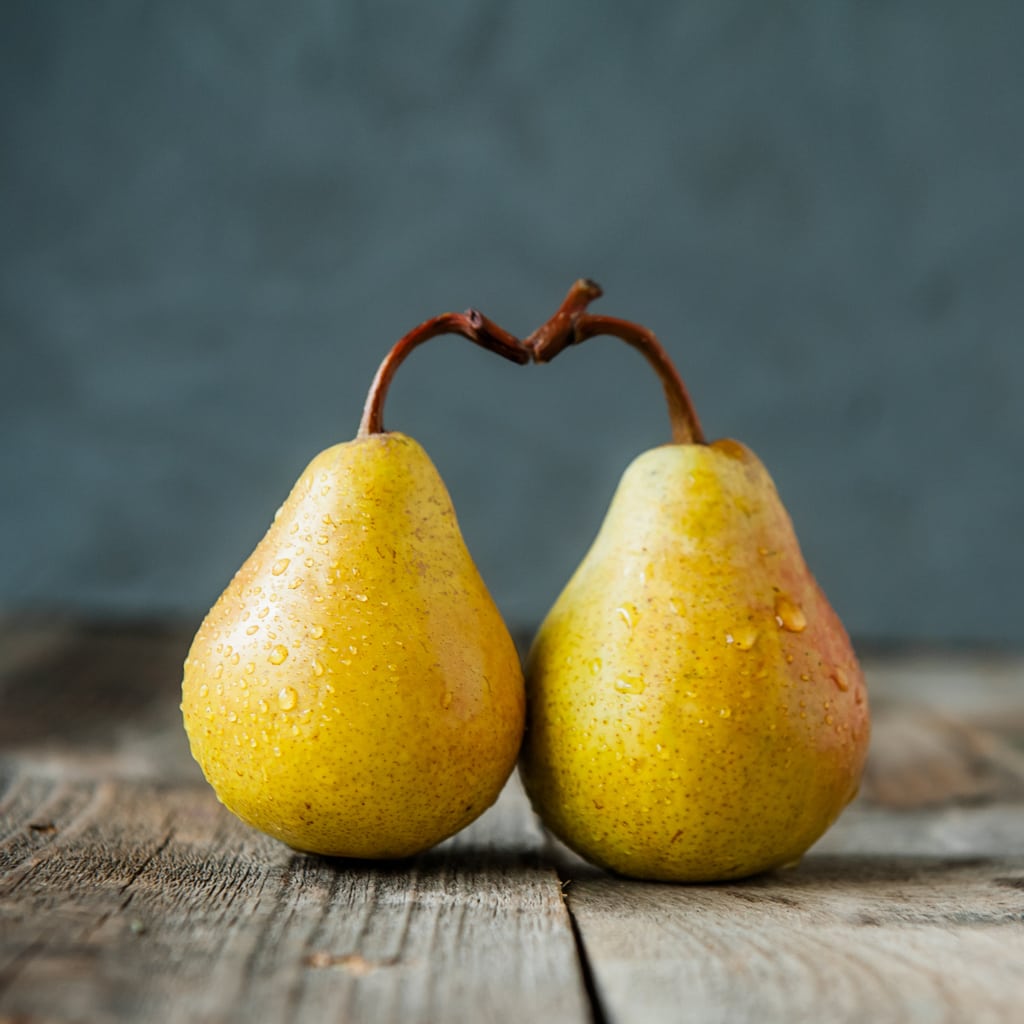
There’s nothing like a perfectly ripe, dripping with sugary juice pear, whether it is a summer pear or a winter pear. Don’t know what a summer pear vs. winter pear is? While it might seem obvious that the disparity lies with when they are picked, the difference between winter pears and summer pears is a bit more complicated.
Summer Pear vs. Winter Pear
The pear tree is native to coastal and temperate regions of Western Europe and North Africa and east across Asia. There are more than 5,000 varieties of pears! They are divided into two main groupings: the soft-fleshed European pears (P. communis) and the crisp, almost apple-like Asian pears (P. pyrifolia). European pears are best when ripened off the tree and are again divided into two categories: summer pears and winter pears. Summer pears are those such as Bartlett that can be ripened after harvest without storing them. Winter pears are defined as those such as D’Anjou and Comice that need a month or longer in cold storage before ripening peaks. So the difference between winter and summer pears has more to do with the time of ripeness than that of harvest, but they each have their own unique upsides.
What is a Summer Pear?
Summer and winter pears are as different as summer and winter squash. Summer pears produce early (summer-fall) and ripen on the tree. They are usually on the smaller to medium sized with the exception of Bartlett and Ubileen. They have thin, delicate, easily bruised skins which mean they have a shorter storage, shipping and sales time than winter pears. This delicacy means they also lack the grit of winter pears which some people prefer. Thus, they are less desirable to grow for the commercial grower but are ideal for the home grower. They can be ripened on the tree or with a very few days of post-harvest chilling.
What is a Winter Pear?
Winter pears are categorized as such in relation to their time of ripening. They are harvested throughout autumn but are then cold stored. They need 3-4 weeks of cold storage to ripen. There is a fine line here; if winter pears are picked too early, they stay hard and never get sweet, but if picked too late, the flesh becomes soft and mushy. So commercial growers rely on some technical and electronic methods to gauge when to pick winter pears but this isn’t exactly logistical for the home grower. A combination of criteria can be used to determine when the home grower should harvest the fruit. First, the calendar date the fruit is usually picked can help, although it may be off by 2-3 weeks depending upon factors such as weather. A noticeable color change is a factor. All pears change color as they mature; of course, it depends on which type you are growing to know what to look for in a color change. Seed color also changes as the fruit matures. It goes from white to beige, to dark brown or black. Pick a pear and slice into it to inspect the seed color. Lastly, winter pears are usually ready to pick when they easily separate from the stem when gently tugged. There are, I am sure, devotees of one or the other - diehards for either summer or winter pears, but as with most everything in life, it comes down to what the individual prefers.
Sign up for the Gardening Know How newsletter today and receive a free copy of our e-book "How to Grow Delicious Tomatoes".

Amy Grant has been gardening for 30 years and writing for 15. A professional chef and caterer, Amy's area of expertise is culinary gardening.
